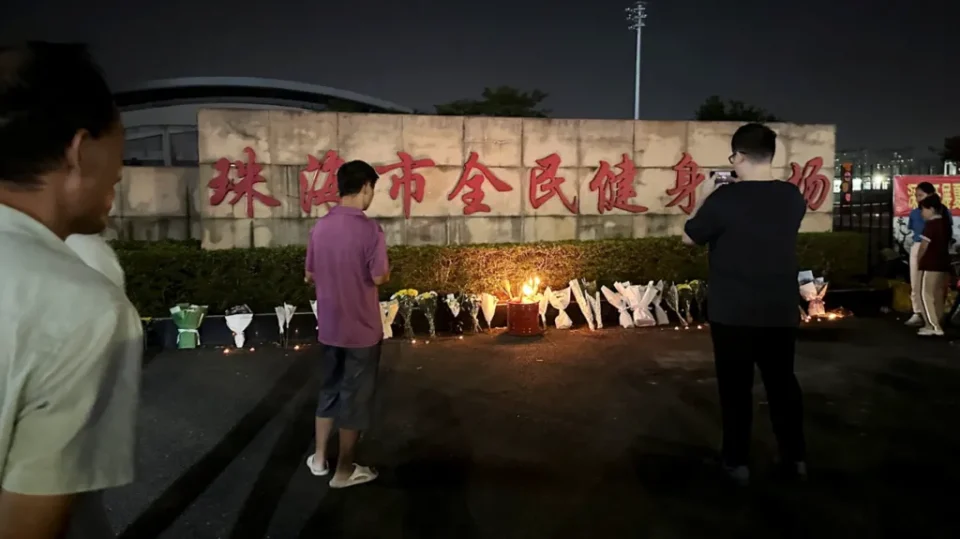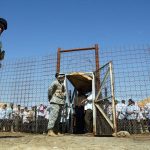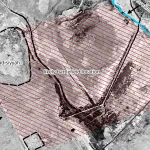The gates to the Zhuhai sports complex in China stood closed, shrouding the darkened stadium and its grounds. This location had recently witnessed a horrific event where a man drove an SUV into a crowd, resulting in numerous fatalities and injuries.
Upon arrival, only security guards were visible, tasked with monitoring the area and keeping an eye on any reporters. One approached, inquiring, “Are you journalists?” When asked why he wanted to know, he simply responded, “Oh, just to understand the situation.” He and a colleague began taking photos of us and making calls while watching our movements.
Passersby gathered outside the gates, curious about the aftermath. Among them was a group of about a dozen who seemed more focused on us. A woman in the group started shouting, “Look, foreigners, foreigners,” and soon a man began aggressively interrupting our reporting, grabbing me and shouting.
In sensitive situations like this, local Communist Party officials often organize groups of loyalists to play the role of outraged citizens, targeting foreign reporters to prevent coverage. This tactic rarely succeeds in silencing the story but often tarnishes China’s image.
After the unexpected death of former Premier Li Keqiang last year, crowds of these loyalists surrounded journalists outside his family home, shouting and harassing anyone attempting to report on the incident. Li’s sudden passing posed a challenge for the party, as he represented the last of the old liberal wing, leaving the party fully aligned with President Xi Jinping’s loyalists.
Similar tactics were observed following less significant incidents as well. Last month, a deadly stabbing spree in a Shanghai shopping mall saw the area quickly sanitized, with no police crime scene tape or memorials for the victims in place by the following morning.
While one can understand the desire to avoid public panic in the face of such inexplicable violence, officials often act with an urgency that suggests they want these troubling events to disappear as swiftly as possible.
Hours after the Zhuhai attack, more police arrived to manage the situation. Candlelight vigils emerged as residents mourned the dead, and volunteers lined up outside hospitals to donate blood.
President Xi has urged officials to address societal issues to prevent future tragedies. Yet, China remains grappling to comprehend the motivations behind such unfathomable acts of violence, leaving many questions unanswered.
Credit: BBC News




